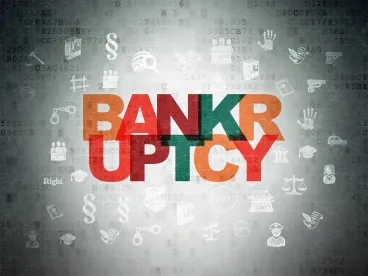In a rare win for mortgage lenders, the 11th Circuit (controlling law in Florida, Georgia, and Alabama) ruled today that an owner who agrees to “surrender” their residence in bankruptcy court under 11 U.S.C. Section 521(a)(2)(A) also forfeits the right later to challenge any foreclosure proceedings on the property. The court affirmed a lower court decision in favor of Citibank NA, which was blocked from commencing foreclosure proceedings on a Florida couple’s home after the two had surrendered the house to discharge their debt. The homeowners argued they still could challenge the foreclosure because the property was surrendered to the bankruptcy trustee, who then abandoned the property back to them. The decision upholds a long-established concept known as “judicial estoppel” that prevents parties from taking inconsistent positions in different courts.
However, according to the panel, the bankruptcy code requires surrender to both the trustee and the creditor, which in this case is Citibank. The owners acknowledged the validity of the mortgage and the bank’s right to foreclose, in addition filing papers with the court that they would surrender the property. The court declared that they could not scrap their declarations once they exited bankruptcy process.
The case is David Failla, et al. v. Citibank NA, Case No. 15-15626, U.S. Court of Appeals for the Eleventh Circuit.




 />i
/>i
